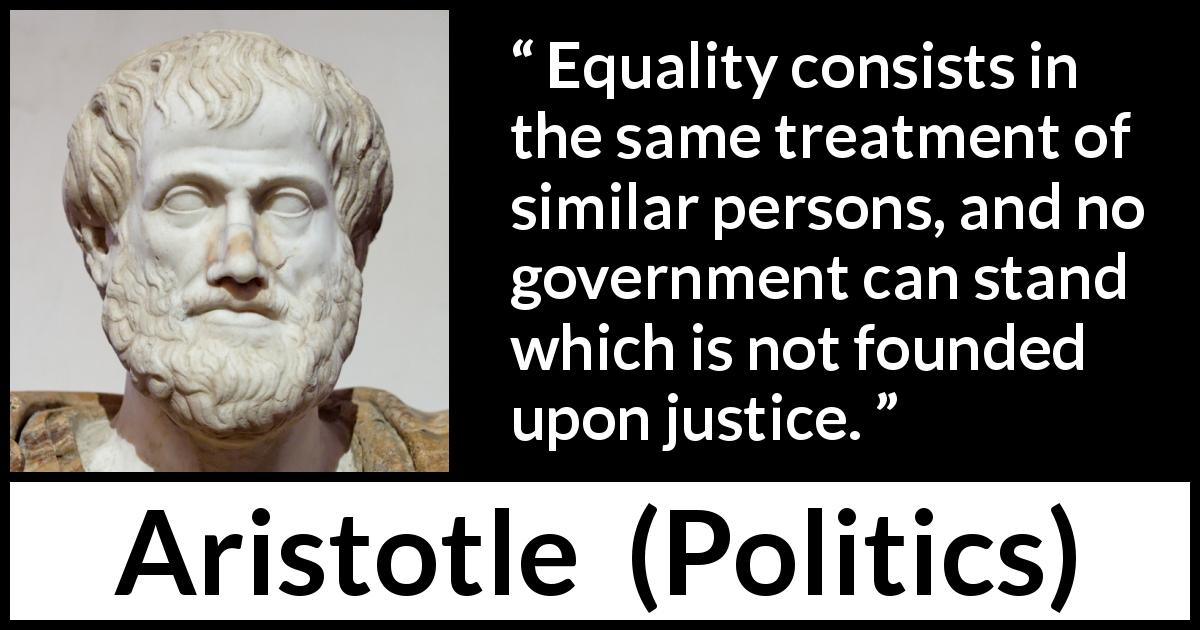


The literature on the Politics reflects the apparent lack of structure and focus of the text. Readers of the NE fired up by questions of virtue and happiness will be puzzled by long discussions of pragmatic political considerations that seem to have nothing to do with either. The text breaks off in book 8, apparently incomplete. The prose style is considerably drier than that of the NE. Aristotle's treatment of key questions such as the value of democracy or the rule of law seems dialectical and aporetic. (Scholars have tried to rearrange its structure, but the rearrangements are not a significant improvement, and have, I think, fallen out of fashion.) Aristotle's approach to politics seems first historical, then empirical here to argue from general normative principles, there not to argue at all. First of all, there is the text of the Politics: without a clear structure, it seems to ramble from topic to topic. Students and scholars of Aristotle's practical thought do face significant obstacles to an understanding of his ethics as integrated with politics and vice versa. We ought to suspect from all this that the two books are mutually illuminating and that without further attention to the Politics our philosophically informed understanding of Aristotle's practical thinking may be significantly incomplete. The NE addresses the student of politics and the politician throughout, and virtue and happiness loom large in the Politics.

This is surprising, considering that Aristotle opens the Nicomachean Ethics by defining knowledge of the human good as politikê (political knowledge) and given that he closes the work by exhorting us to bring virtue and happiness to life in cities, after studying politics and constitutions. While Aristotle's ethical treatises have inspired massive profusions of fine philosophical work, philosophers have shown comparatively little interest in the Politics. As such it is rare and invaluable even among the classics of political philosophy. Aristotle's Politics holds up the highest ideals of human flourishing and excellence, while fearlessly diving into the nitty-gritty of everyday political circumstances, where neither flourishing nor excellence may seem possible.


 0 kommentar(er)
0 kommentar(er)
